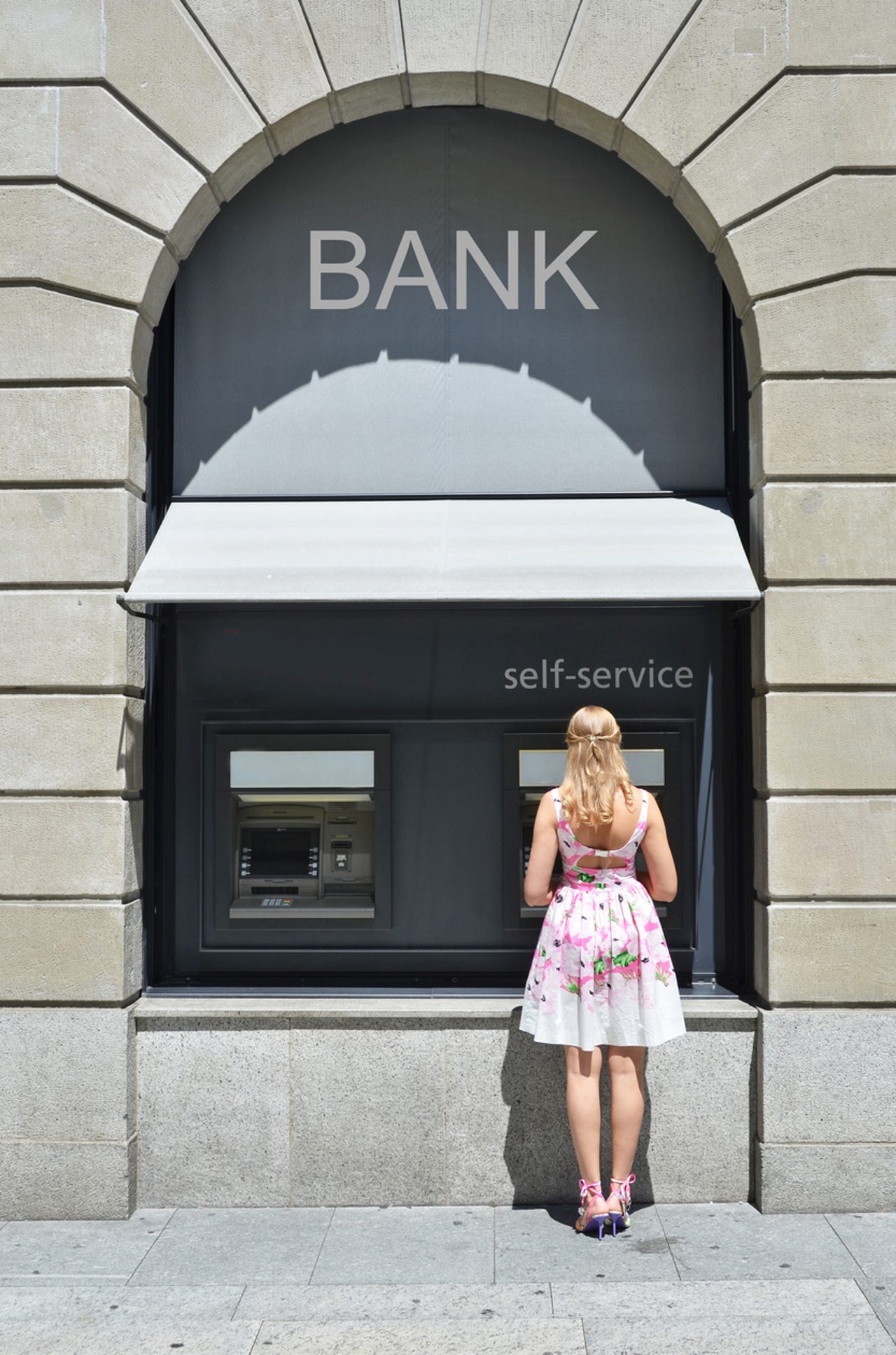Can AI really run a traditional bank with no staff? This startup thinks so


Can you imagine a bank where artificial intelligence runs checking accounts, debit cards, and wire transfers?
The Milan-London startup connection is getting stronger. After MoneyFarm and Soundreef, yet another promising Italian startup, Euklid, is opening up shop in the UK capital, moving its headquarters to be part of the city's vibrant ecosystem.
The team selected London's Level39 fintech accelerator as its new center of operations to implement the firm's international strategies.
Like MoneyFarm, which operates as an online independent financial adviser, Euklid is active in fintech, but it aims to go well beyond other startups in taking the human factor out of the business.
Founded in 2015, it has developed a technology that it says can predict the fluctuations of bitcoin, therefore maximizing the value of investments in the crypto-currency.
It describes its technology as combining the machine-learning capabilities of artificial intelligence with the certainty and transparency of blockchain transactions.
"Algorithm-based trading has been around for some years now, but our core asset is our systems' capability to self-optimize and self-adapt to the fluctuations of the market," Euklid co-founder Antonio Simeone tells ZDNet.
It seems to work. In the past year, the startup reports a 132 percent gain on bitcoin investments. Every asset is analyzed by 30 algorithms, which take into account 256 parameters and learn the best moves by previous experiences.
Recently-raised seed funding from unnamed investors will allow Euklid to establish a new company in the UK and a RAIF, or reserved alternative investment fund, in Luxembourg.
"Our investors were attracted by our performance, but also by the fact that every single operation is registered and visible to the customer through the blockchain, as well as by the lack of operational fees," Simeone says.
The startup in fact applies no managing fee, but takes a 20 percent cut of profits.
In future Euklid plans to expand beyond bitcoin investments, offering, thanks to a partnership with another Level39 startup, Bankable, a range of products similar to that of a traditional bank: a checking account, debit cards for payments, and the possibility of executing wire transfers. Everything, or almost everything, will be run by AI.
"Financial promoters have more or less exhausted their role. The truth is that while a person will always have weaknesses due to emotionalism, algorithms are and will always be unbiased. Banks are well aware they're no longer adequate, and are just taking their time to understand how to change," he says.
While Simeone shows a self-confidence possessed by few Italian startuppers, it is fair to say that Euklid is not the only interesting fintech company coming out of the country.
Satispay, for instance, an app that allows users to pay expenses by bypassing the traditional banking and credit cards circuits, signed an agreement with petrol giant TotalErg to use the app in the brand's gasoline stations across the country and aims to reach 500,000 users by the end of next year.
Crowdfunding startup Starteed helped collect money during the recent devastating Italy earthquake, raising €1.2m ($1.29m) in donations so far.
After last year raising a €16m ($17.2m) round from UK-based Cabot Square Capital and Italian fund United Ventures, MoneyFarm launched in the UK and keeps growing at a significant rate.
Sardex, a startup that created a circuit of virtual currencies designed to facilitate economic relations between economic entities operating in a given territory, last year managed €100m ($107m) in transactions.
Most of Italy's fintech startups are based in Milan or in nearby Turin, to be close to financial centers. Milan, in particular, is a lively hub for blockchain applications, thanks to the presence of thinktanks such as the Blockchain Lab hosted in the offices of the Copernico Milano co-working space and the Blockchain and Cryptocurrencies Lab, also promoted by Banca Sella.
But that wasn't enough, apparently, for Simeone, who preferred to cross the channel.
"Italy is a country made more for the heart than for doing business. We tried to stay in Milan, and it worked pretty well, but further growth was difficult to achieve. It would have been all too static. In the UK if they see potential value, they help you turn it into reality. In Italy we pretend we are into technology, but we're still stalled by bureaucracy," he says.
While this criticism seems well founded, perhaps hope lies in those who choose to stay and fight for change. The recent creation of a Digital Transformation team led by Amazon's Diego Piacentini, might be a good start.